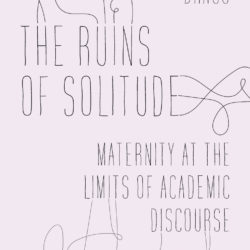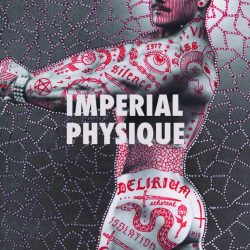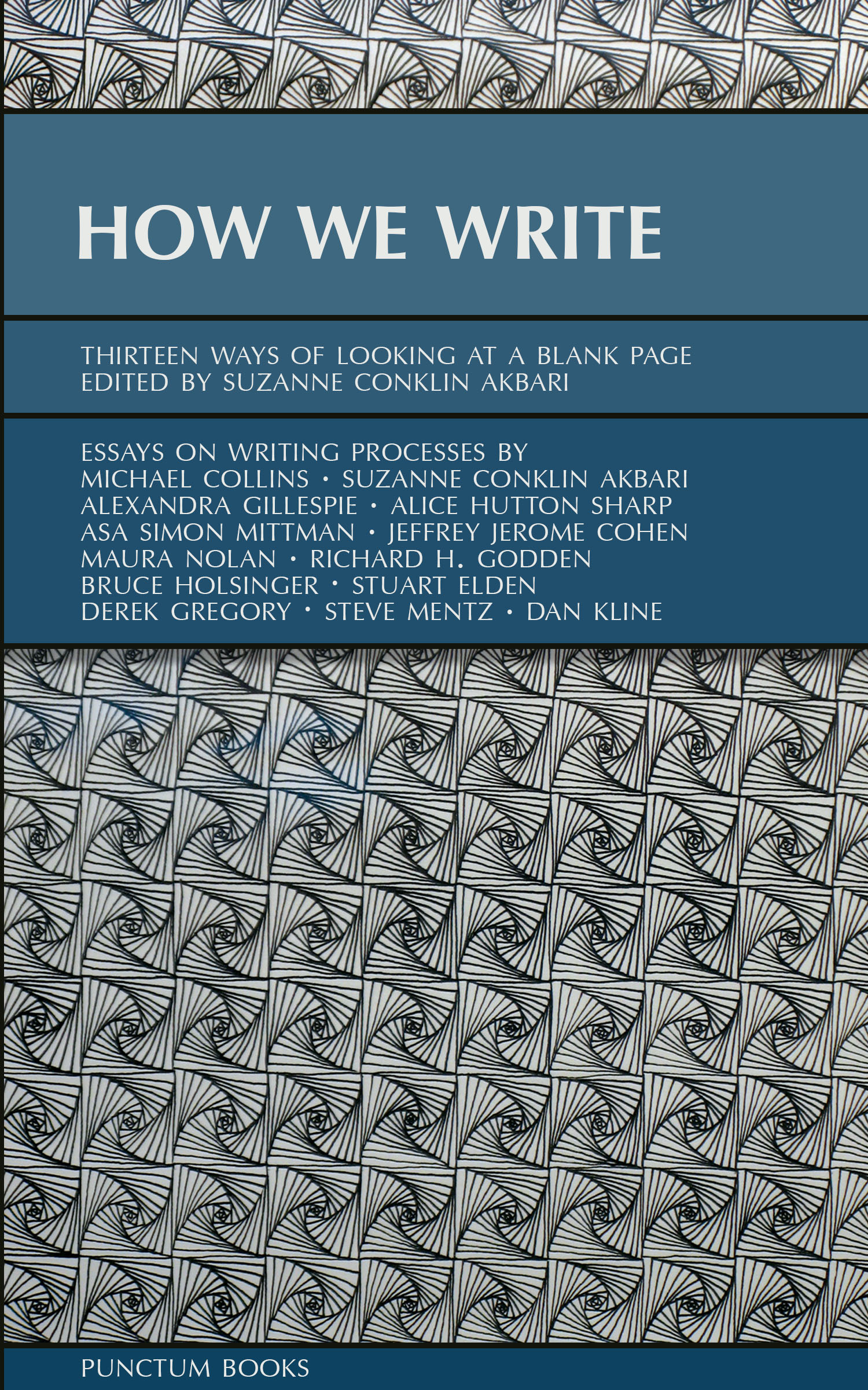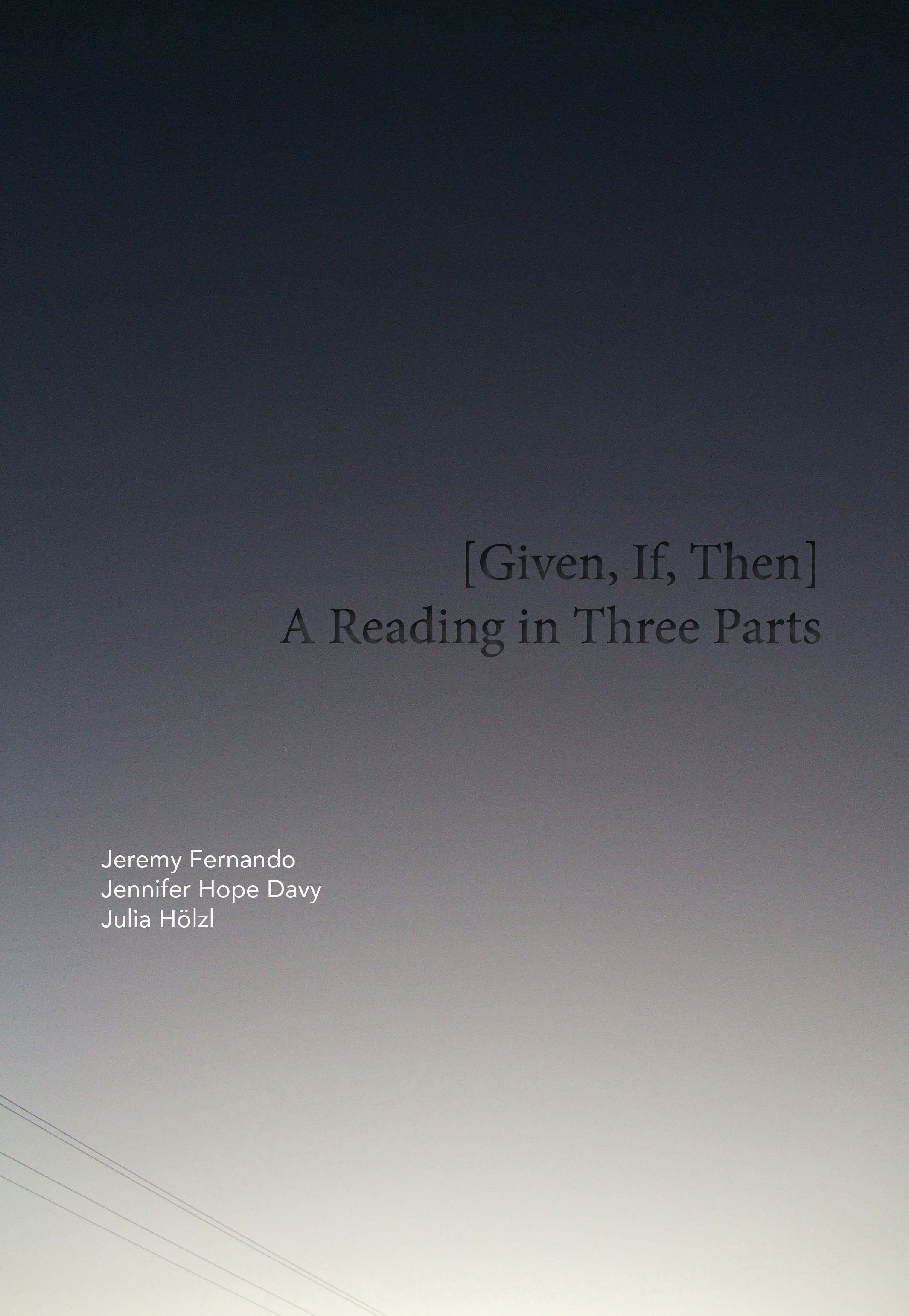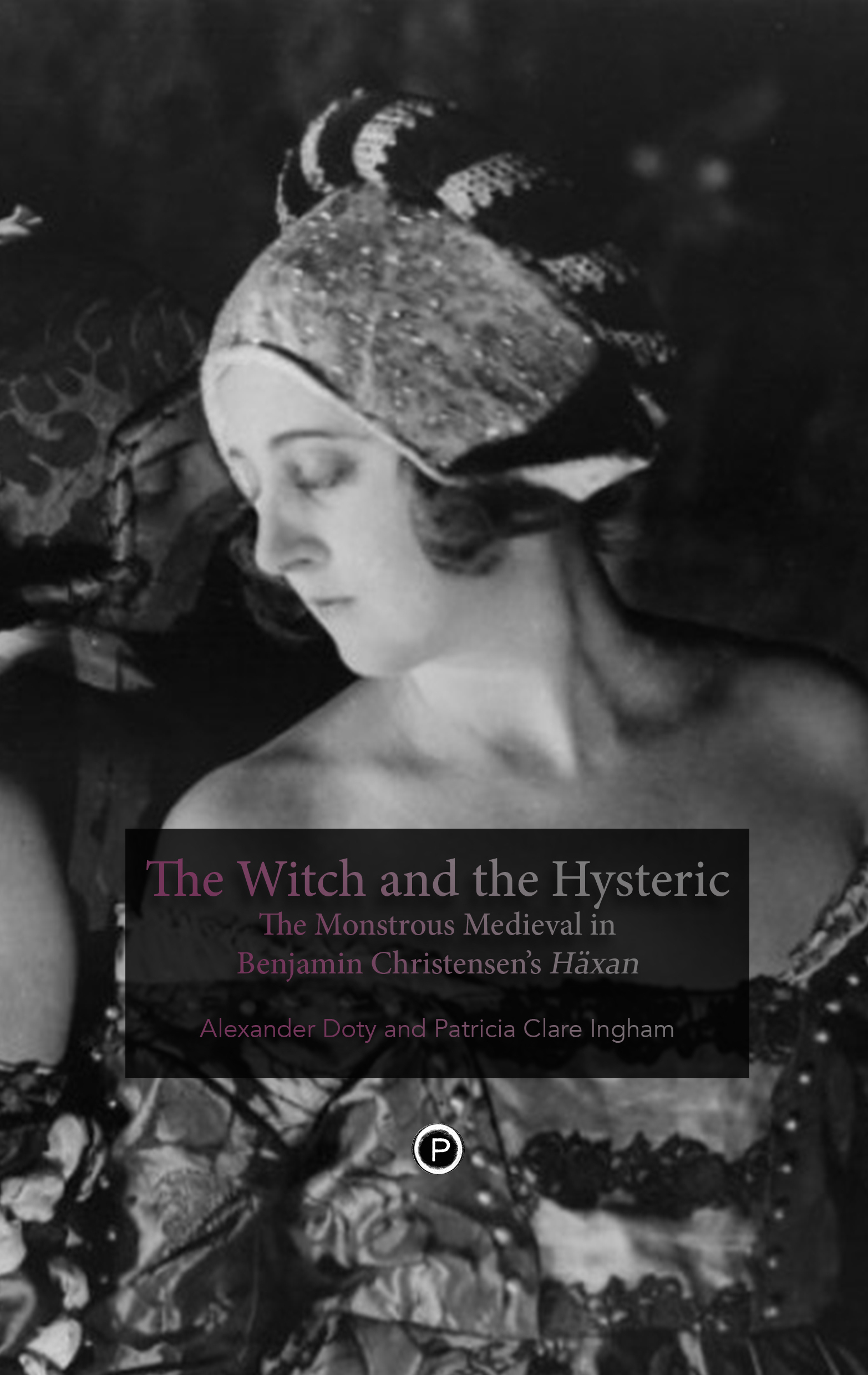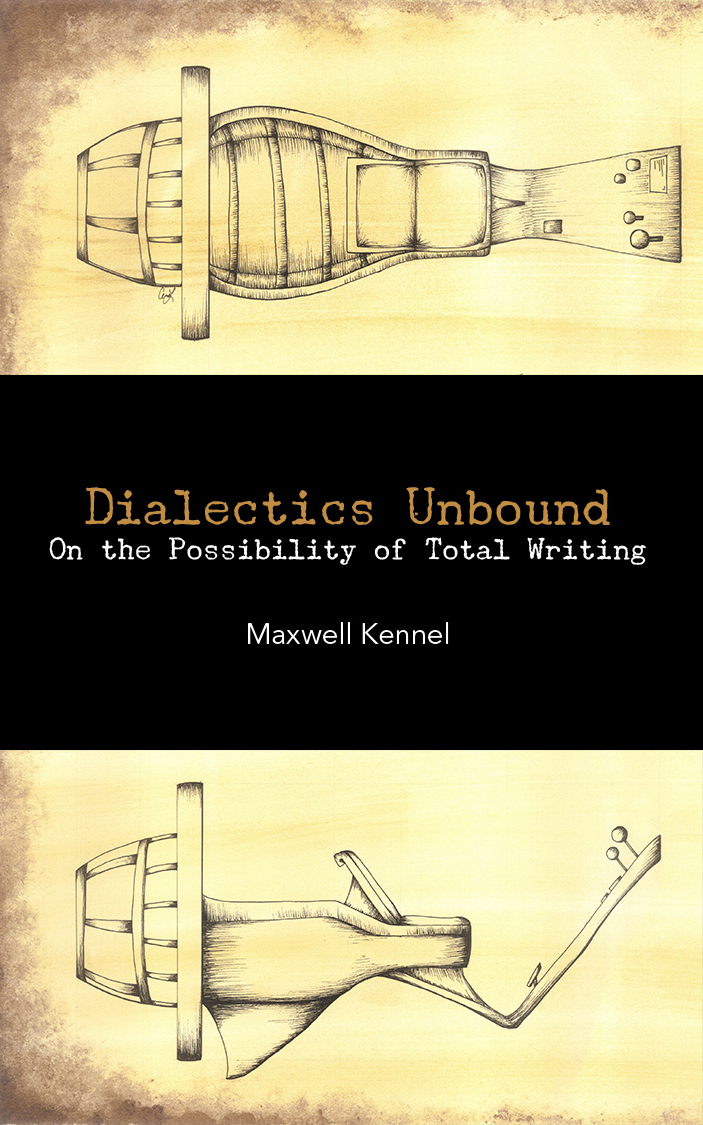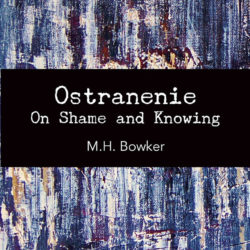The Ruins of Solitude
FORTHCOMING Spring 2024
What happens when love unravels one’s knowledge structures? In The Ruins of Solitude, after the birth of a child, Bragg embraces of the event of love and examines the resulting disintegration of her supposed authorial subjectivity. Against the pressure to produce and organize knowledge—the pressure of writing a dissertation, for example—Bragg contemplates the poetic modes[…]

